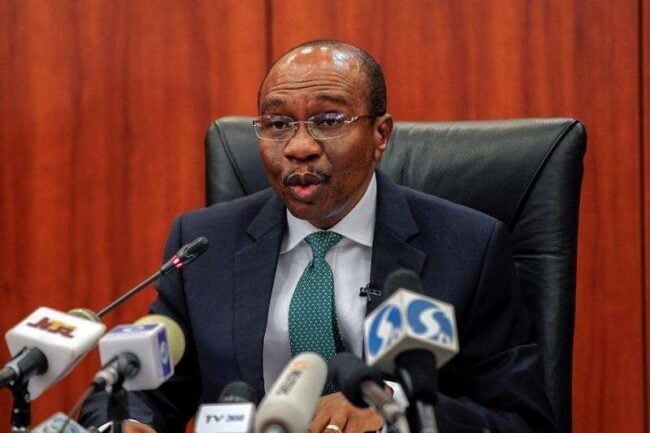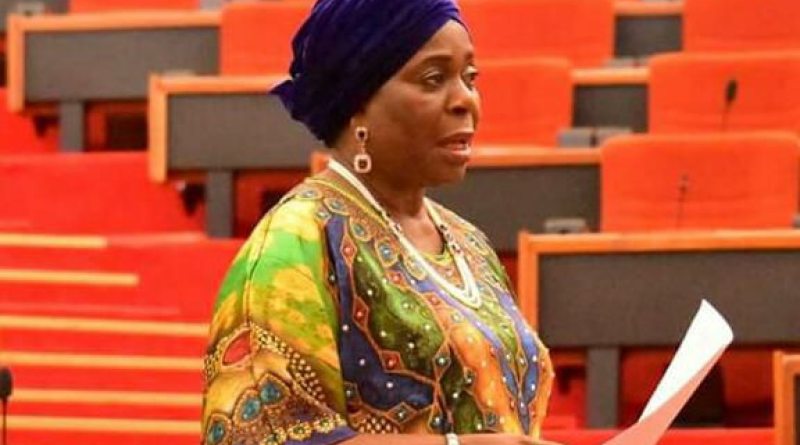Investor sentiment towards the Nigerian economy was dealt a slight blow, after the MPC cancelled the January meeting due to their “inability to form a quorum”.
Although the missed central bank meeting is likely to have little impact on the economy, it has the potential to reinforce market concerns over the nation’s poor policy management. An unwelcome return of political risk and uncertainty amid the current developments could create significant headwinds for the nation as it continues to consolidate the growth that began last year.
While some fears over the drama were quelled by positive comments from CBN Godwin Emefiele, this rocky start to 2018 has certainly placed the Nigerian economy in the spotlight.
Looking beyond the missed MPC meeting which most likely would have maintained the status quo on monetary policy, the overall economic outlook for Nigeria remains encouraging. The aggressive recovery in oil prices, exchange rate stability and a boost in domestic production, are all positive indicators of the nation’s health. The Inflation rate has declined steadily to 15.37% while the foreign exchange reserves have jumped to a near five-year high -above $40 billion. With foreign investor confidence over the nation attracting a mammoth $13 billion of inflows via the I&E window, it is not difficult to understand why the outlook for Nigeria is becoming increasingly positive.
Advertisement
Focusing on foreign exchange, the Naira displayed a degree of stability after the implementation of the Importers and Exporters window. The window not only attracted billions of Dollars’ worth of inflows to Nigeria, but also boosted liquidity to the FX markets – mitigating speculative demand for the Dollar. The amalgamation of Foreign exchange stability, easing inflationary pressures and signs of economic growth, are likely to stimulate expectations of the CBN cutting interest rates in an effort to support growth.
While it may be too early to reach any conclusions over the CBN cutting rates in Q1, a move could be on the cards in Q2 if inflation continues to ease. With the outlook for Oil becoming increasingly bullish amid ongoing optimism over OPEC’s supply cuts rebalancing the markets, this is good news for Nigeria’s economy. WTI Crude Oil is trading around multi-year highs above $65, while domestic oil production in the nation has hit 2.2 million barrels a day.
While the combination of rising domestic production and recovering oil prices should result in higher government revenues short term, this is not a long-term solution. With U.S. Shale still a threat to higher oil prices, Nigeria should not relegate its quest to diversify into other sustainable sources of growth, to limit external risks.
Advertisement
Heavy hitters such as the IMF have also projected that Nigeria’s economy will grow 2.1% in 2018. The fact that the growth forecasts was boosted from the 1.9% prediction in October 2017 continues to highlight how optimistic markets are becoming over the largest economy in Africa. It must be kept in mind that recovering economic growth has the ability to create key opportunities in areas such as agriculture, construction, and services. Opportunities in such areas will bring Nigeria a step closer to growing a diversified income base.
Although the political drama in January has left investors less than impressed, the improving economic conditions could continue to stimulate their appetite for the nation. With rising commodity prices, a rebound in domestic oil production and adoption of the importers and exporters window generating FX stability, it is apparent why Nigeria is becoming an attractive destination for both foreign and domestic investors.
As we critically review the economic developments and events of 2017, this was easily tagged as a year of recovery for Nigeria. If the positive momentum holds and the government is able to religiously implement the economic recovery and growth plan, 2018 could be a year of positive change for the nation.
Otunuga is a research analyst at FXTM.
Advertisement
Add a comment







